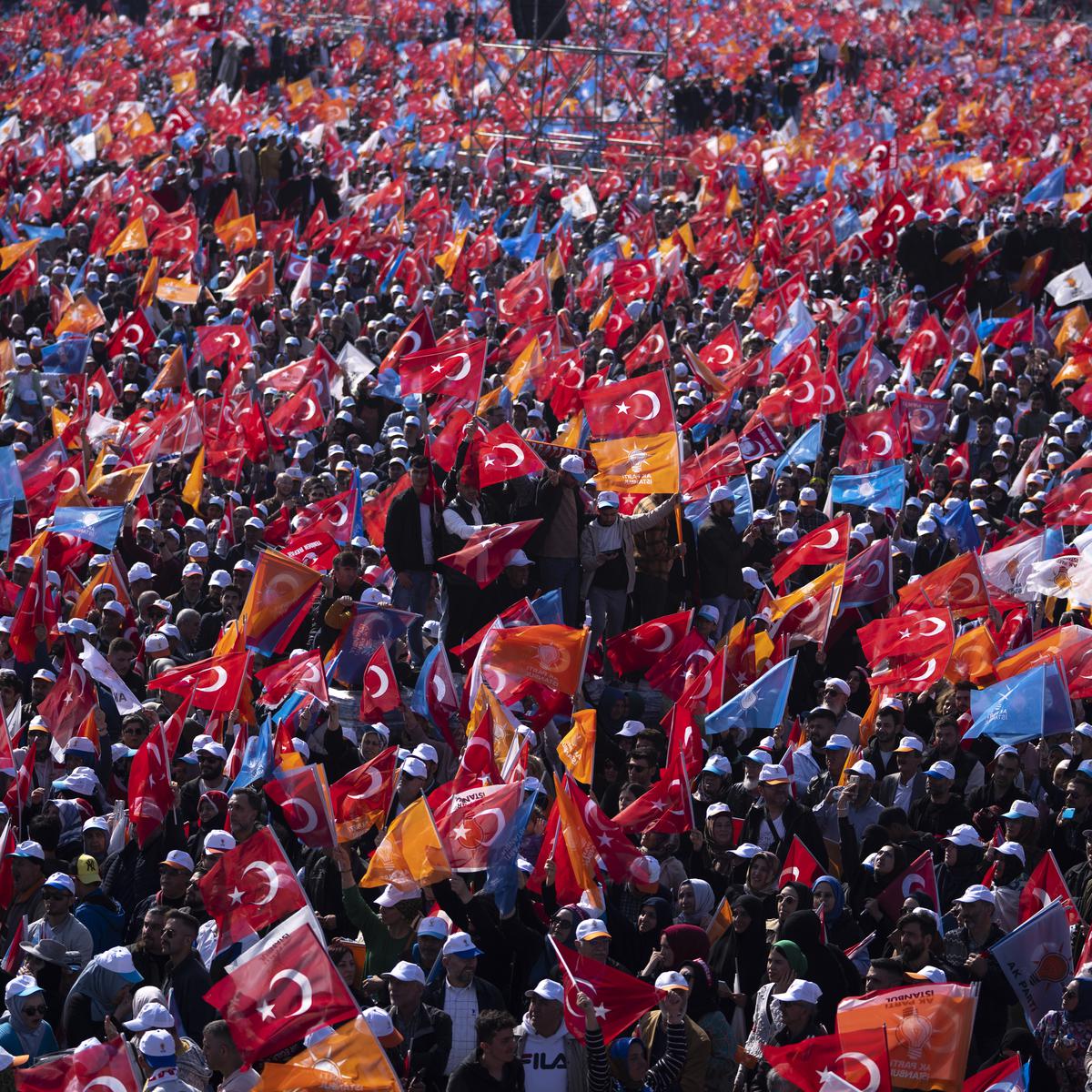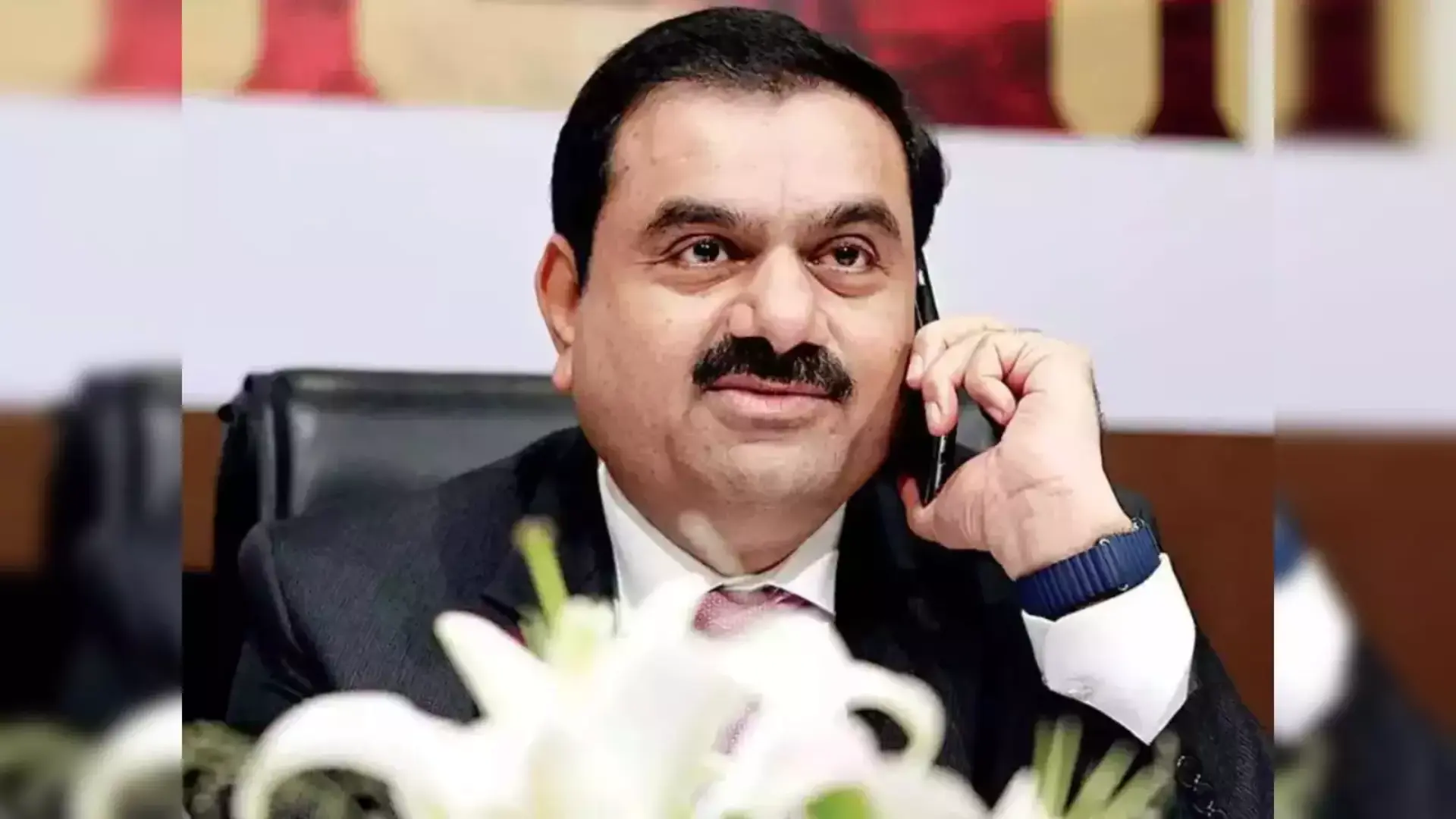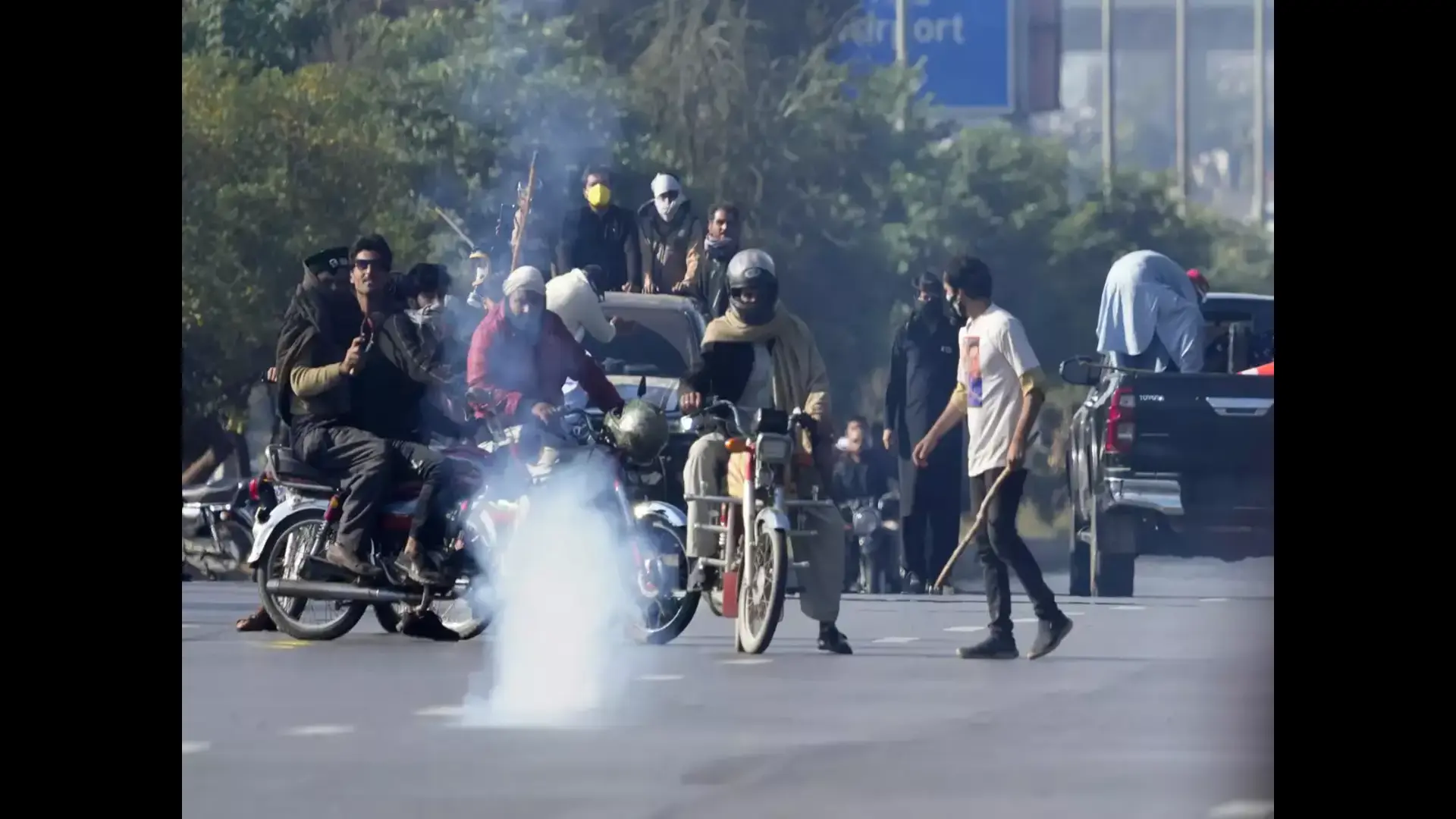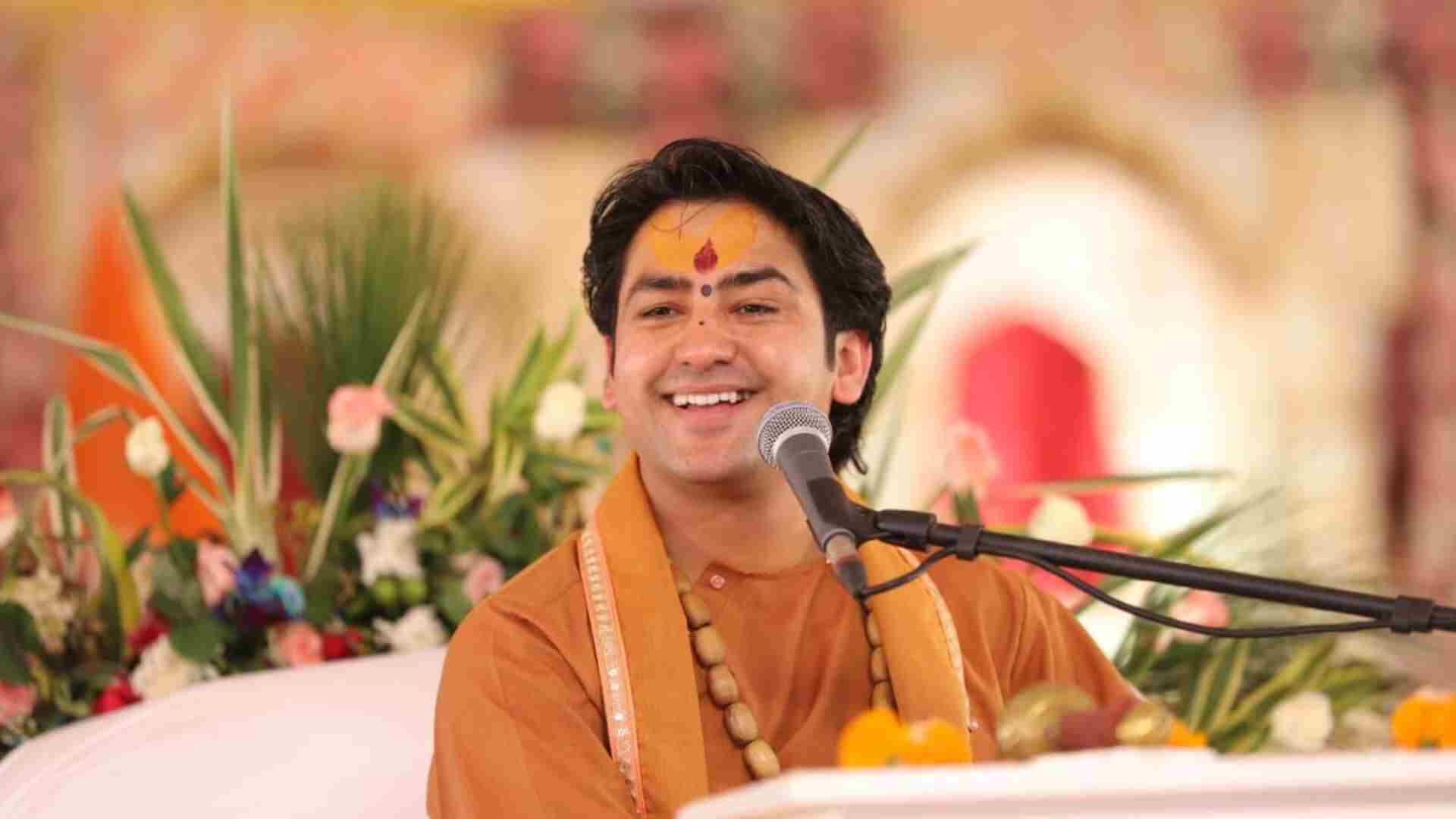
Turkey’s voters went to the polls again on Sunday to decide whether the country’s longtime leader extends his increasingly authoritarian rule into a third decade or is deposed by a challenger who has promised to restore a more democratic society.
President Recep Tayyip Erdogan, who has been in power in Turkey for 20 years, is expected to win a new five-year term in the second-round runoff after falling just short of an outright victory in the first round on May 14.
The divisive populist who elevated his country to geopolitical prominence finished four percentage points ahead of Kemal Kilicdaroglu, the candidate of a six-party coalition and the leader of Turkey’s center-left main opposition party. Erdogan’s performance was made possible despite crippling inflation and the aftermath of a devastating earthquake three months ago.
Kilicdaroglu, a 74-year-old former bureaucrat, has described the runoff as a referendum on the future of the country. When the polls open at 8 a.m., more than 64 million people will be eligible to vote.
There are no exit polls in Turkey, but preliminary results are expected within hours of the polls closing at 5 p.m. Because Turkey is located at the crossroads of Europe and Asia and plays an important role in NATO, the final decision could have far-reaching consequences.
Turkey vetoed Sweden’s bid to join the alliance and bought Russian missile defense systems, prompting the US to kick Turkey out of a US-led fighter-jet project. However, Erdogan’s government also assisted in negotiating a crucial agreement that allowed Ukrainian grain shipments and averted a global food crisis.














